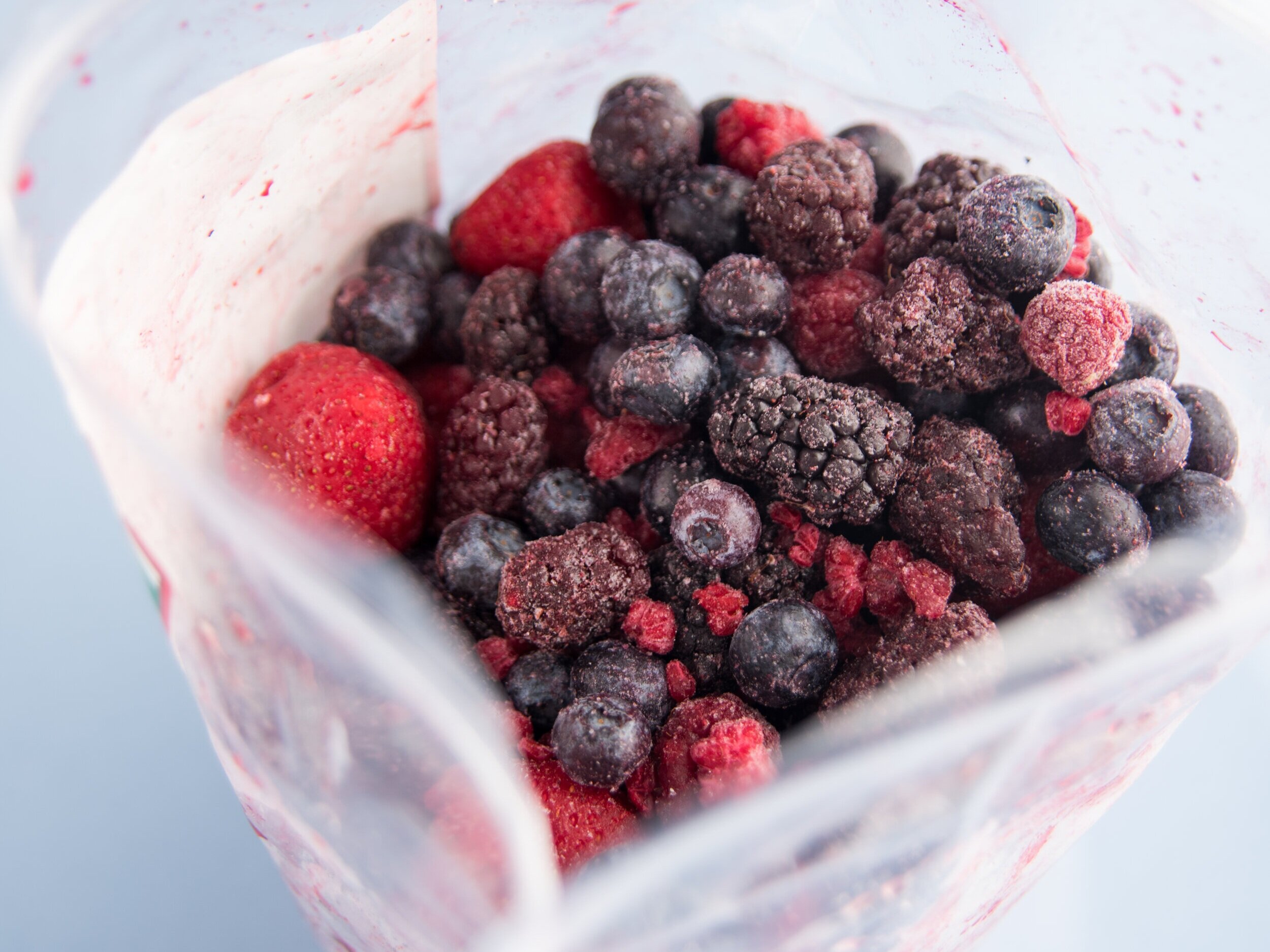
Food - what’s the big deal?
The food we waste
Did you know that the average household in Leeds throws away 196 kg of food a year? Potatoes, bread, milk, leftover meals, soft drinks, and meat are the types of food most regularly chucked.
Whatever type it is, throwing away food feeds climate change and wastes the land, water, money and energy used to produce, package, and transport it to your plate. It’s estimated that around 25 million tonnes of carbon are emitted each year because of the UK’s wasted food!
The good news is that with some simple changes to shop and cook smarter we can save food, time, and money; the average family with kids could save £730 per year. Together we can all do a little more and make a big difference.
The climate impact from our food
Around 30% of the UK’s emissions come from food. The good news is that we regularly get a chance to make a difference with our forks.
Meat (especially beef and lamb) has a higher carbon footprint because of the land, water, and energy used to feed and rear animals as well as the methane produced by animals themselves.
Diet is an individual choice. Some people may choose to eat plant-based diets. Others may choose to eat meat, fish and dairy too. However, as a population our collective health and the health of the planet would improve if we ate a balanced diet consistent with the NHS-recommended Eatwell guidelines.
Simply adopting the Eatwell guidelines is estimated to reduce the average person’s carbon footprint from food by almost a third. For some people, this may mean eating less meat and more plants.
Eight ways to make the most of your food
Plan and shop smart
Save food, time, and money by planning your shopping list around meals using a simple meal planner. Check your fridge and cupboards first before you start writing your list.
Looking for inspiration for meal planning? Check out the Leeds Recipe Hub hosted by Foodwise Leeds.
When shopping, try to only buy food that you think will be eaten—or which can be frozen and stored for later. Choosing loose items can make it easier to buy only the amount needed and help you save money.
Have you tried ‘wonky’ fruit and veg? They’re perfect for cooking, are cheaper, and buying them helps prevent food waste too!
Donate surplus food to your local food bank
You can donate quality, in-date food that you no longer want to a food bank. This prevents edible food from going to waste by redistributing it to help other people in Leeds.
Compost food scraps
Composting your food scraps has multiple benefits. It recycles food and is a great resource for growing and fertilising your plants.
Check out these tips on Leeds City Council’s website to get started composting.
If you don’t have space for a compost bin then check Sharewaste to see if someone in your community has one that you could use.
Make the most of storage and date labels
Storing food correctly and freezing leftovers can save you money by making your ingredients last longer.
Why not freeze your culinary creation as a backup meal for a rainy day or to eat on the go?
Make sure you know what different food labels really mean to avoid throwing away food or drink that is still perfectly good to eat.
Support food producers using more sustainable practices
We can all help shape the way that food is made and sold for the better by voting with our wallets to raise standards, cut carbon, and support local producers.
When shopping, look out for foods that are marked ‘Rainforest Alliance certified’ or which carry the ‘Fairtrade’ or ‘MSC’ mark on their packaging. These certifications show that products have been independently assessed to meet certain ethical and sustainable production standards.
For seafood lovers, The Good Fish Guide is regularly updated to help shoppers understand the most sustainable seafoods to eat, based on species, where it has been caught or farmed, and how.
Eat more plants and less and better meat
Diets that are good for us tend to be better for the planet too.
Simply following the NHS-recommended Eatwell Guide is estimated to reduce the average person’s carbon footprint from food by almost a third.
For many people, following the guidance means eating a bit less meat and more foods that come from plants such as fruit, vegetables, and pulses.
Want to better understand the carbon footprint of different meals? All of the recipes on the Leeds Recipe Hub include carbon impact estimates.
Harness the power of plants and eat seasonally
Many food choices that are better for the environment can be better for your budget too, such as using local and seasonal ingredients. Look for the UK flag. Eat Seasonally has a great guide to seasonal UK produce.
Allotments, gardens, balconies, windows, greenhouses, urban farms, and community spaces can all be used to grow your own for the ultimate seasonal and local food. Check out this guide filled with tips to get growing at home or find a community garden near you.
Breastfeeding makes a world of difference
Infant feeding has long been recognised as having lasting health benefits for both mums and babies. Its environmental benefits are less well known.
Breastfeeding saves significant amounts of water, energy, and waste compared to formula milk.
Research suggests that supporting mums in the UK to breastfeed could save as much carbon as taking 50,000 cars off the road!
Find out more about the support available for breastfeeding mums in Leeds.

Do more
Check out the Be Food Savvy website for more tips to reduce food waste.
Read the Leeds Food Strategy
Visit the FoodWise Leeds website for more ways to take action and join your local #goodfoodmovement!
Find the carbon footprint of your favourite foods (BBC)









